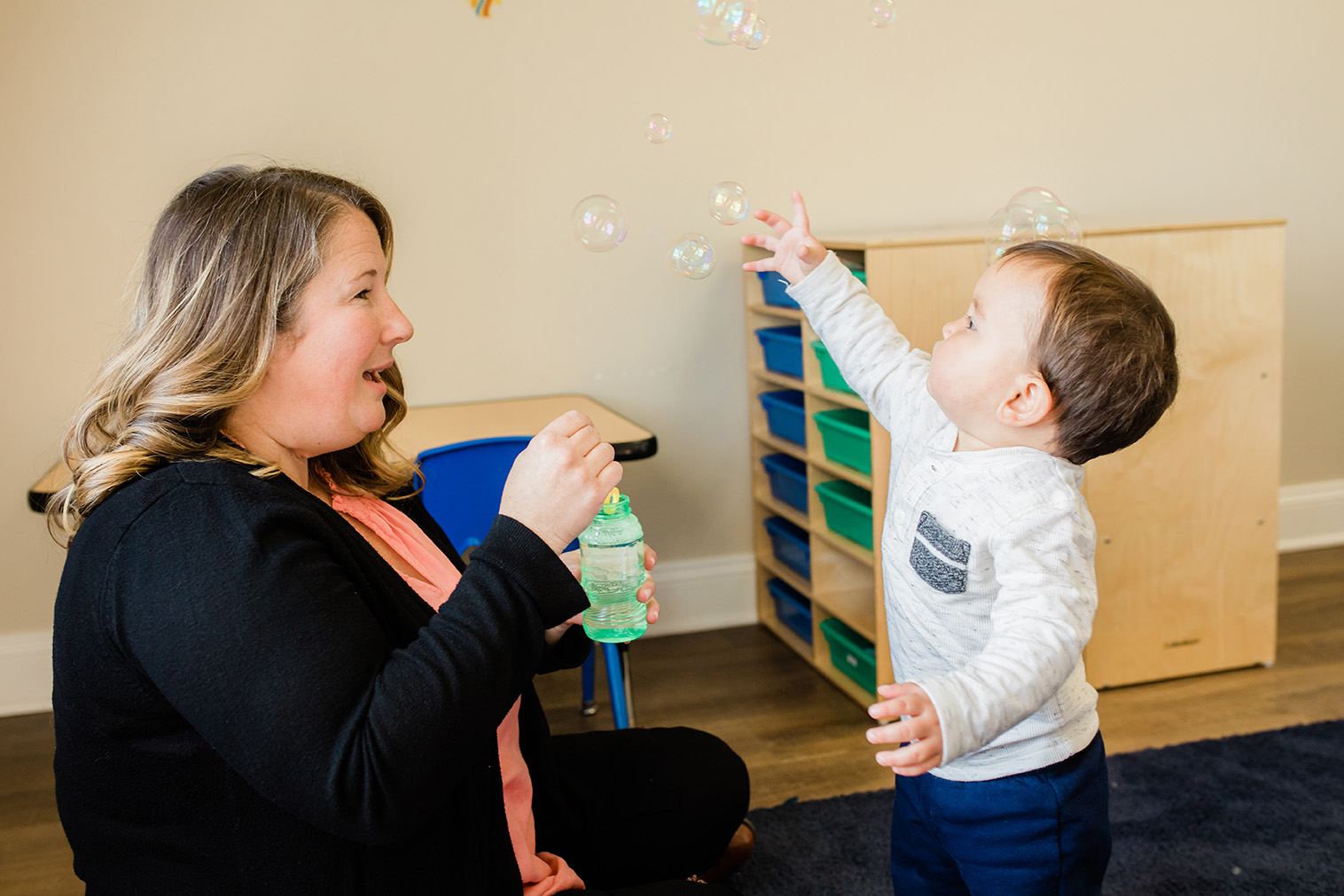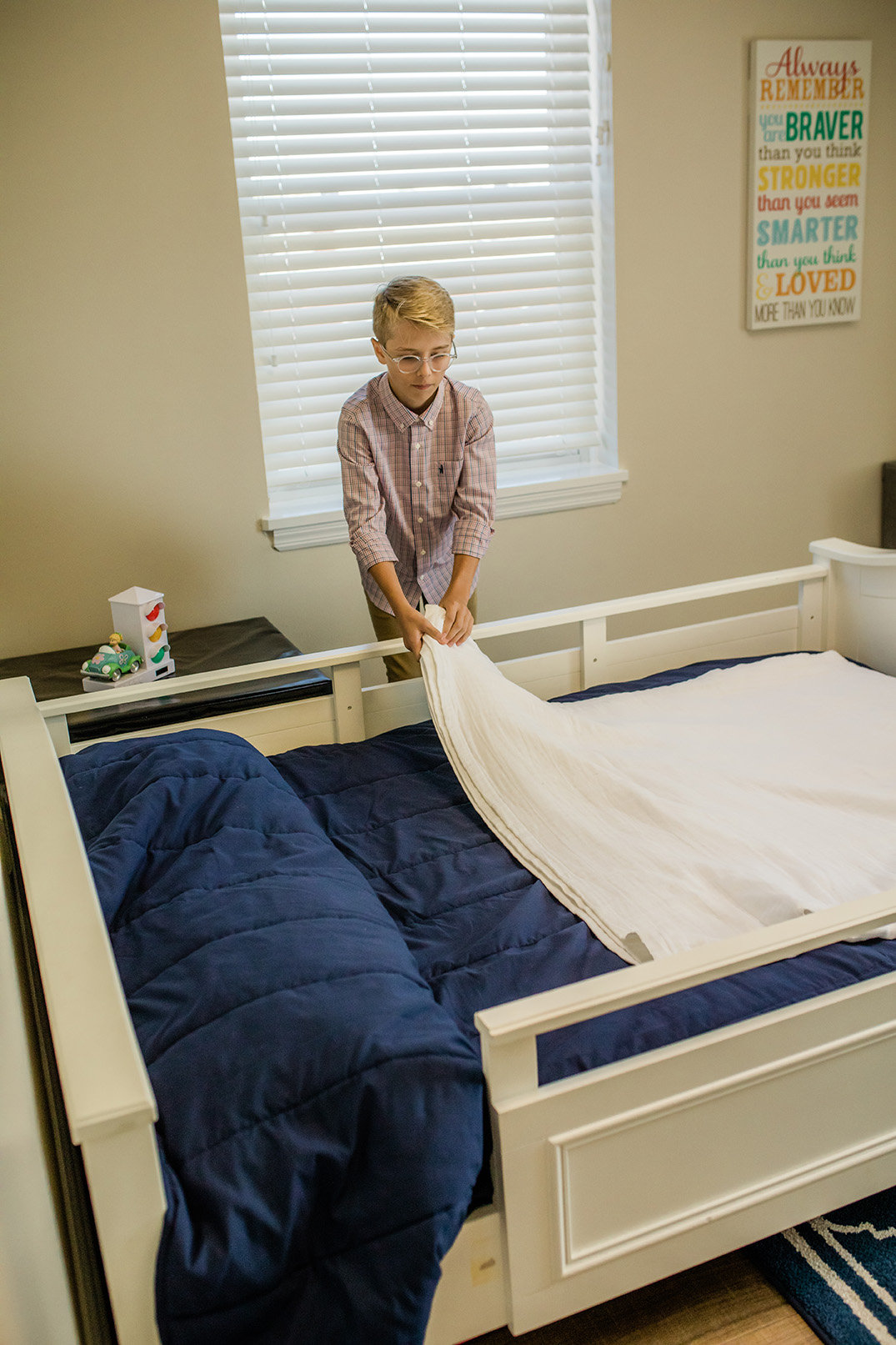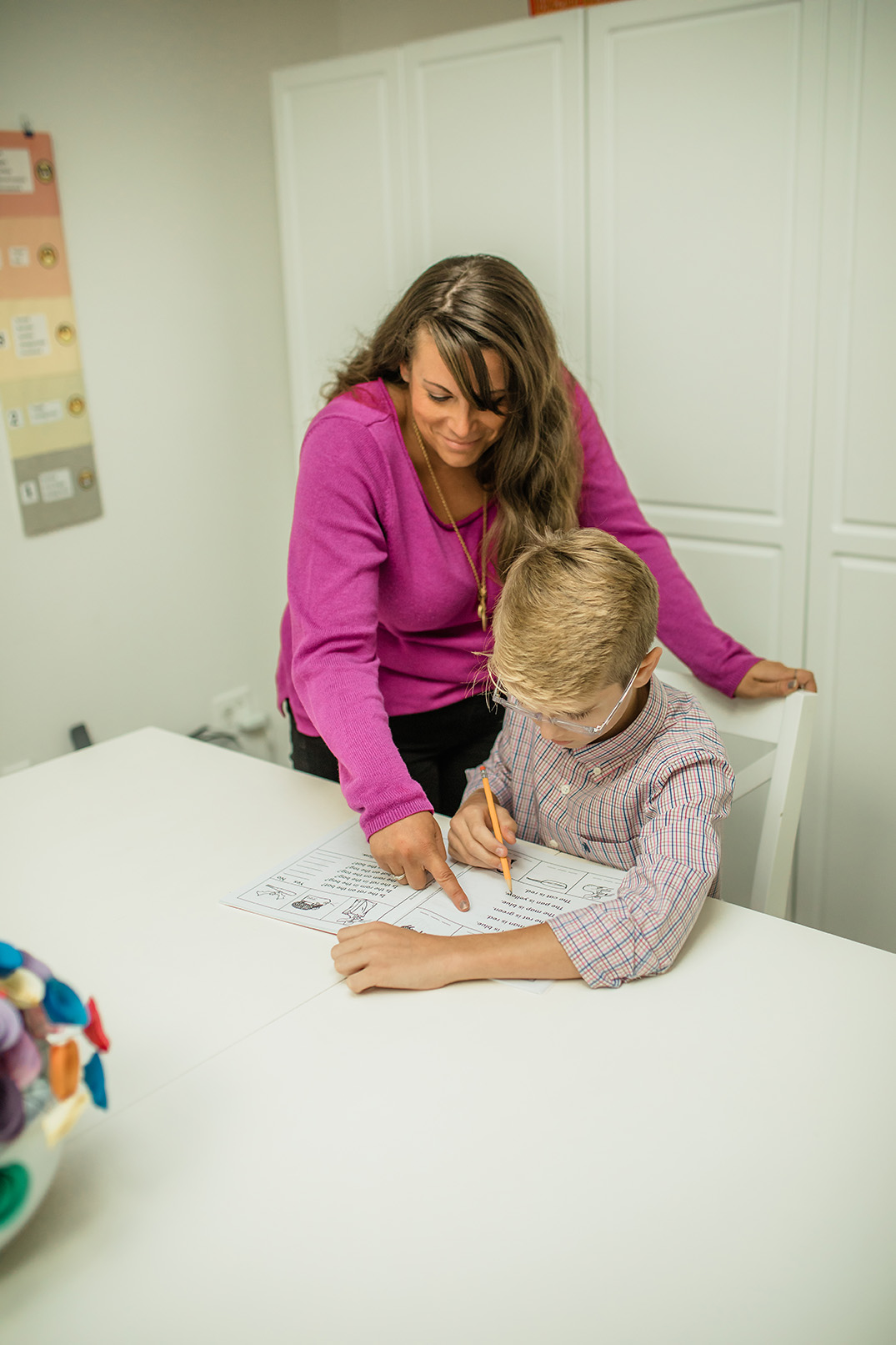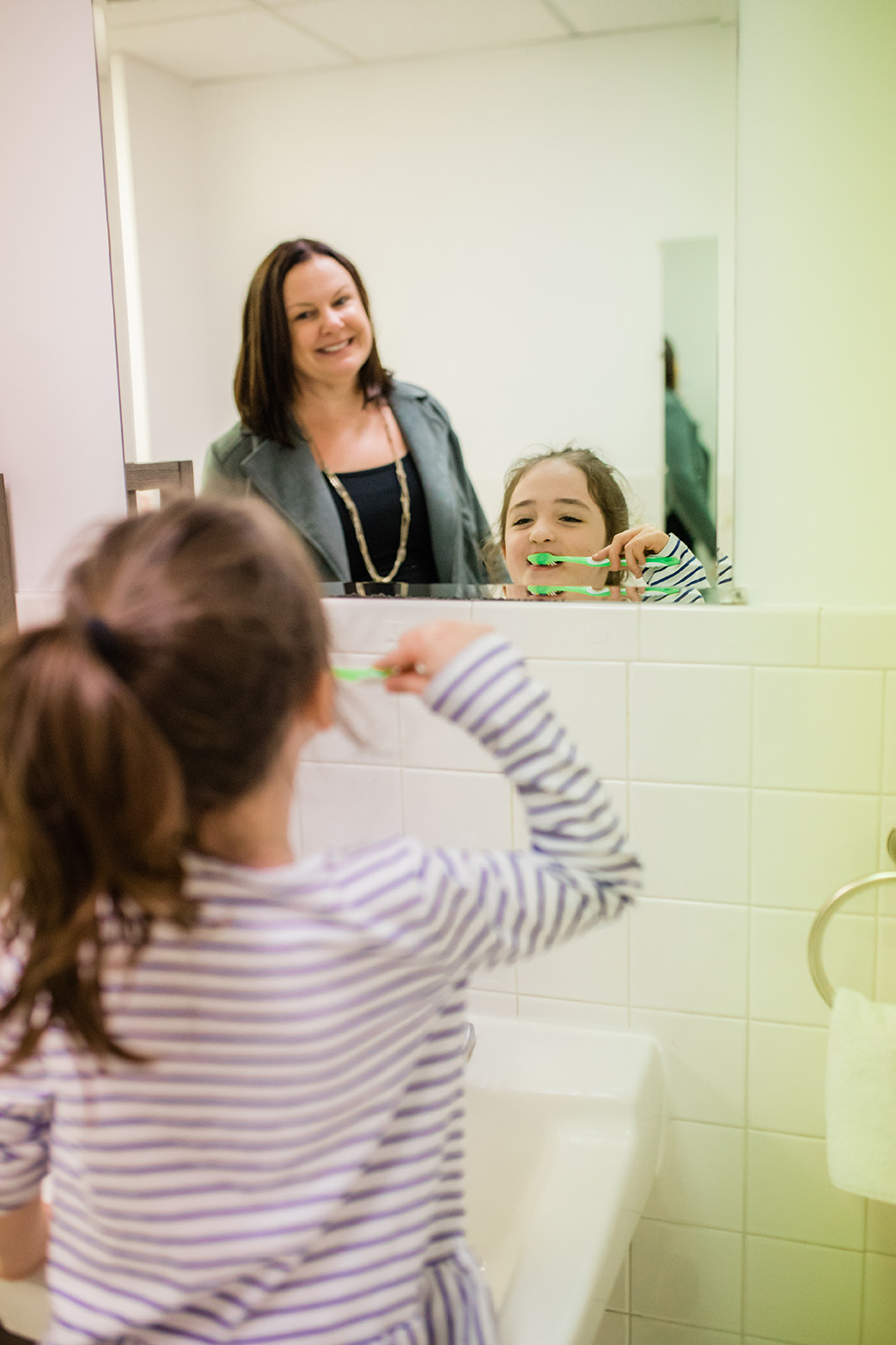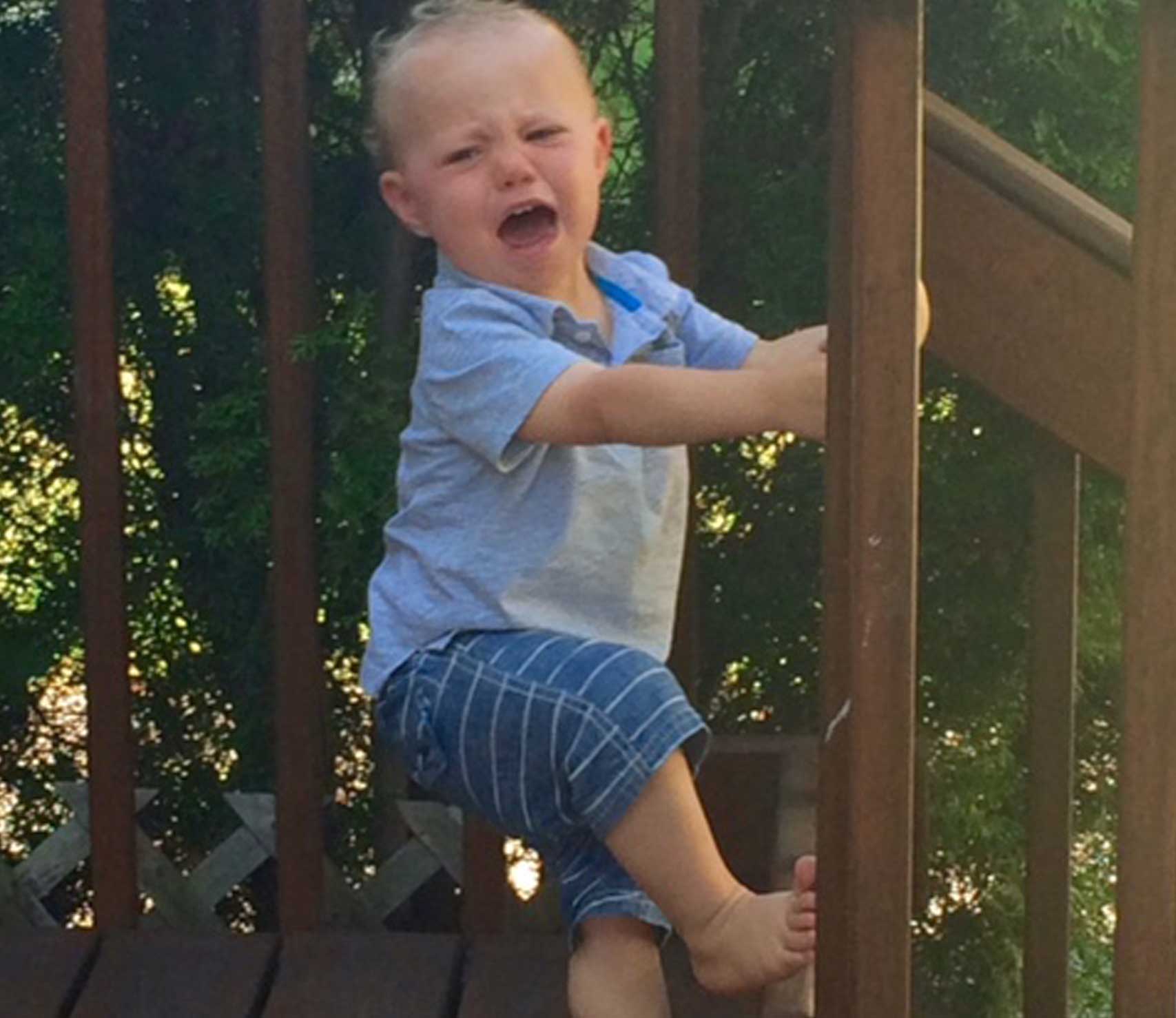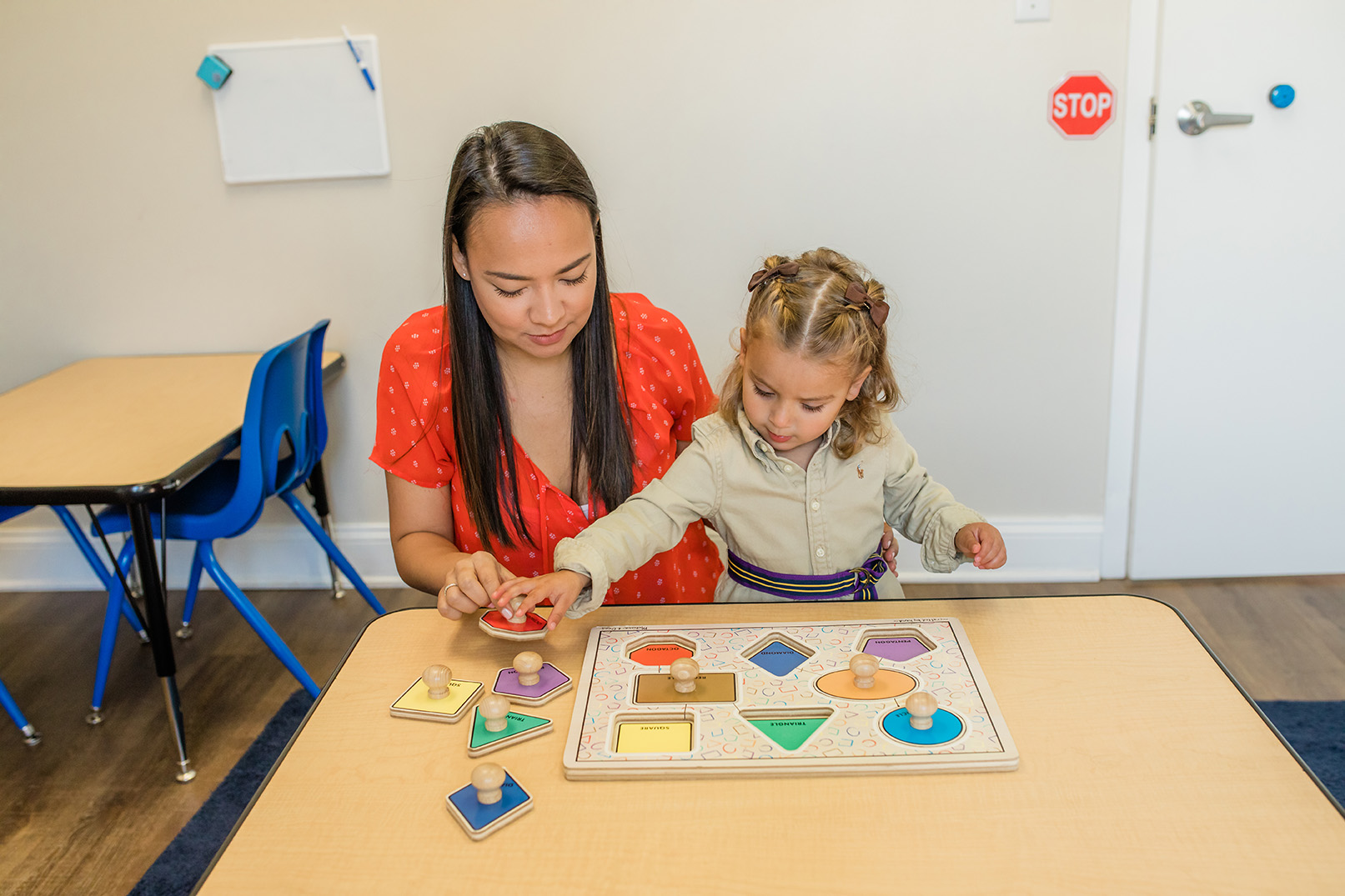Services
Customized ABA programs, including:
Full Day School Program
Through the years, we have come into contact with several families struggling to find an appropriate educational setting for their children. We have also been approached by local school districts to provide an interim setting for learners until an appropriate educational program could be identified. We have responded to this need by bringing certified teachers onto our team, and extending the services provided to include a full day school program for some learners. As a new special education school, we cannot yet be put on the list of Approved Private Special Education Placements. We are in the process of applying to be state approved. Until this happens, learners are placed at the school program at Gold Coast Children’s Center by their parents, or by their family entering into a settlement agreement with school districts in order to fund the placement and the associated transportation.
Parent/Caregiver Training
Our BCBAs and behavior technicians work hands-on with parents to teach their children skills and manage challenging behavior. Our model is based on the scientifically validated approach known as Behavioral Skills Training (BST), which includes the use of instruction and modeling to show parents how to implement teaching procedures. Parents are then given the opportunity to immediately practice and receive guidance and feedback. This promotes successful implementation of teaching procedures at home following sessions, allowing for ongoing practice of skills. Our unique office setting (which simulates a home environment) and our location in the community provide opportunities to program for generalization.
Functional Behavior Assessment
Functional Behavior Assessment (FBA) is a process used to assess an individual’s challenging behavior. Challenging behavior includes anything that interferes with an individual’s successful participation in home or community or impacts social interactions. Some examples of challenging behavior include crying or tantrums, aggression such as hitting, property destruction such as throwing objects, or self-injurious behavior such as head banging. Specific information about the challenging behavior is gathered through parent/teacher interview and direct observation. Behavior Analysts then use functional analysis to test conditions to determine the situations in which the behavior is likely to occur (i.e., why the problem behavior happens). This information is used to develop an individualized behavior management plan that includes proactive strategies, procedures specifying what to do when the challenging behavior occurs, and ways to teach appropriate alternative replacement behavior. This process facilitates efficient and effective interventions to reduce problem behavior. Parents are trained to implement the behavior management plan, and an objective measurement system is used to monitor ongoing progress.
Skills Assessments
Specific assessments are available to provide detailed evaluation of skills (including social, communication, and daily living domains). Examples of these assessments include the Verbal Behavior Milestones Assessment and Placement Program (VB-MAPP), the Assessment of Basic Language and Learning Skills (ABLLS), and the Assessment of Functional Living Skills (AFLS). For children receiving ongoing ABA treatment at Gold Coast Children’s Center, relevant assessments are incorporated periodically throughout treatment as a supplemental tool to monitor progress. We also offer specific skill assessments as a stand-alone service.

